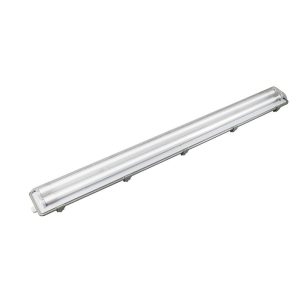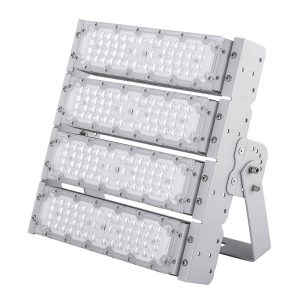IR 950nm, or infrared at 950 nanometers, has become a significant wavelength in the field of optical technology. This particular range of the electromagnetic spectrum has found numerous applications in various industries, from medical diagnostics to consumer electronics. This article aims to provide a comprehensive overview of the IR 950nm technology, its applications, and the future trends in this domain.
Introduction to IR 950nm Technology
IR 950nm falls within the mid-infrared region of the electromagnetic spectrum, which ranges from 3 to 5 micrometers. This range is characterized by wavelengths that are longer than visible light but shorter than far infrared. The mid-infrared region is highly active in terms of molecular vibrations and rotations, making it a crucial area for various scientific and technological applications.
The IR 950nm wavelength has several unique properties that make it suitable for specific applications. For instance, it is less likely to be absorbed by atmospheric gases compared to shorter wavelengths, which allows for longer-range communication and sensing. Additionally, IR 950nm devices are less susceptible to interference from other wavelengths, making them more reliable and accurate.
Applications of IR 950nm Technology
IR 950nm technology has found widespread applications across various industries. Some of the most notable applications include:
Medical Diagnostics
In the medical field, IR 950nm technology is employed for imaging and diagnostics. For example, it can be used to detect cancer cells, assess tissue viability, and monitor blood flow. The ability of IR 950nm to penetrate tissues and interact with biological molecules makes it an ideal tool for non-invasive medical diagnostics.
Consumer Electronics
IR 950nm technology is extensively used in consumer electronics, particularly in remote controls and wireless communication devices. The long-range capability of IR 950nm makes it suitable for applications where a wide coverage area is required, such as home theater systems and gaming consoles.
Automotive Industry
In the automotive sector, IR 950nm technology is utilized for advanced driver-assistance systems (ADAS). This includes features such as blind-spot monitoring, lane departure warning, and adaptive cruise control. The ability of IR 950nm to detect objects at longer distances and in adverse weather conditions makes it an essential component of modern vehicles.
Agriculture
In agriculture, IR 950nm technology is used for crop monitoring and management. The technology can help farmers detect diseases, pests, and water stress in plants, leading to more efficient crop production and reduced environmental impact.
Environmental Monitoring
IR 950nm technology is also employed for environmental monitoring, including the detection of greenhouse gases and other pollutants. The ability of IR 950nm to provide accurate and reliable data makes it a valuable tool for researchers and policymakers working to address environmental issues.
Challenges and Future Trends
While IR 950nm technology has numerous applications, it also faces several challenges. One of the primary challenges is the development of cost-effective and efficient IR 950nm sources and detectors. Another challenge is the integration of IR 950nm devices into existing systems and technologies.
Looking ahead, the future of IR 950nm technology appears promising. Some of the potential trends include:
Miniaturization and Integration
There is a growing trend towards miniaturizing IR 950nm devices and integrating them into smaller and more portable systems. This will enable new applications in fields such as mobile healthcare and wearable technology.
Improved Performance
The continuous advancement of materials and fabrication techniques will likely lead to the development of more efficient and reliable IR 950nm devices. This will open up new opportunities in various industries, including medical diagnostics and environmental monitoring.
Increased Commercialization
With the growing demand for IR 950nm technology, there is a potential for increased commercialization. This could lead to the development of new products and services, further expanding the scope of applications for this technology.
In conclusion, IR 950nm technology has emerged as a crucial component in the field of optical technology. Its diverse applications across various industries highlight its potential for further development and innovation. As challenges are addressed and new trends emerge, the future of IR 950nm technology looks bright, with numerous opportunities for advancement and expansion.













Explore More from Queendom Lamp
Stay updated with the latest LED technology, lighting solutions, and industry insights.
Request a Quote About Queendom